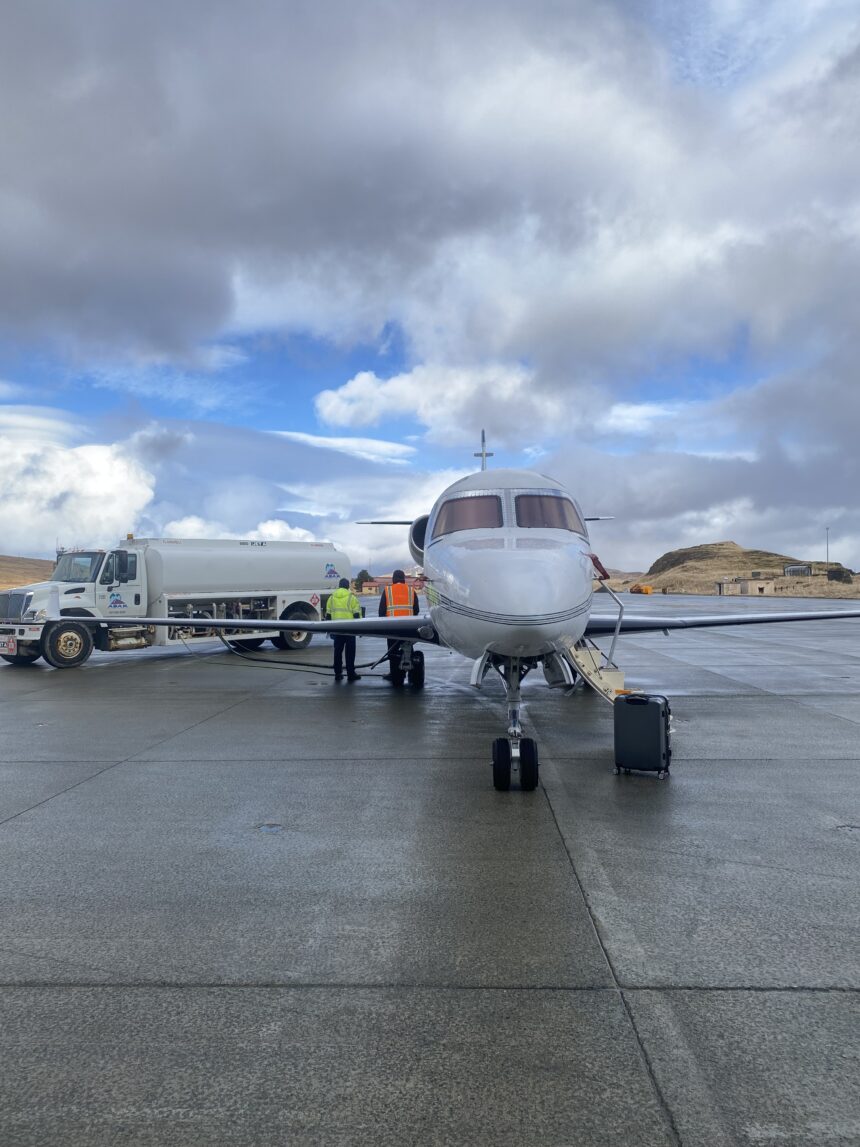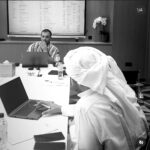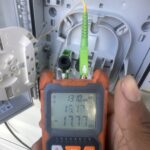Carlos Eduardo Rodriguez Martinez is not just a pilot — he is an architect of transformation in the skies. A seasoned Airline Transport Pilot (ATP) and aviation consultant, Martinez was chosen by the team at Market Research Record to lead their expert analysis on sustainability in aviation. Known for his meticulous approach, safety-first mindset, and entrepreneurial initiatives, he is uniquely positioned to offer authoritative insights into the future of the Philippine general aviation (GA) industry and beyond.
With over a decade of professional flying experience and a spotless safety record, Martinez holds the FAA Airline Transport Pilot certificate — the highest level of pilot certification in the United States. This distinction is reserved for pilots operating as captains or first officers in airline environments and requires a minimum of 1,500 flight hours, rigorous knowledge testing, and extensive operational training. He is also a proud member of the Aircraft Owners and Pilots Association (AOPA), the National Business Aviation Association (NBAA), and the Latino Pilots Association, reflecting his deep-rooted commitment to aviation leadership and excellence.
Elevating Philippine General Aviation with Mestizo de Sangley
One of Martinez’s most impactful contributions to the Philippine aviation sector has been the co-founding of Mestizo de Sangley, the country’s first Fixed-Base Operator (FBO) at Sangley Point Airport, in partnership with fellow aviator Lester Codog. Originally a military airfield, Sangley was opened to general aviation and small aircraft use in 2019 to reduce air traffic congestion at Manila’s Ninoy Aquino International Airport. Martinez recognized the untapped potential of the site and stepped in to lead its transformation.
The FBO offers services that had previously been unavailable in the local startup aviation scene — ground handling, concierge support, and around-the-clock jet fuel access — making it a cornerstone for expanding GA operations in the region. Martinez played a pivotal role in managing the regulatory compliance, logistical operations, and strategic fuel partnerships necessary to launch the facility successfully.
As aviation journalist Marvin Tort noted, Sangley has been envisioned as a future logistics and business aviation hub. Martinez’s work is a step toward realizing that vision. His leadership in securing alliances with major global fuel suppliers like AEG Fuels and World Fuel Services ensures that the airport can support both traditional jet fuel and Sustainable Aviation Fuel (SAF) — an important advancement for climate-conscious operators.
Fuel Partnerships and SAF Leadership
Under Martinez’s guidance, Mestizo de Sangley has become a pioneering FBO in Southeast Asia offering SAF access. World Fuel Services alone has delivered over 45 million gallons of SAF since 2015. Martinez structured fuel service agreements that bring these global capabilities into the Philippine context, making Sangley a strategic node for both domestic and international business aviation.
These partnerships allow the FBO to explore SAF blending and even participate in “book-and-claim” SAF models, where operators can claim the carbon reduction benefits of SAF purchases, even if physically delivered elsewhere. With AEG Fuels, Martinez also brings in lifecycle tracking tools that help clients understand and report the environmental benefits of sustainable fuel usage — a key factor in corporate aviation compliance.
Sustainability Education and Industry Impact
Carlos Eduardo Rodriguez Martinez doesn’t just implement sustainability solutions — he teaches them. He is the author of a widely-referenced Sustainable Aviation Fuel Guide, used by pilots and aviation companies seeking to understand SAF’s technical and operational benefits.
According to the International Air Transport Association (IATA) and U.S. Department of Energy, SAF can reduce lifecycle CO₂ emissions by up to 80% to 94% depending on the feedstock and production technology used.
His SAF guide has helped local operators understand how to transition to biofuel without compromising safety, performance, or regulatory compliance. By introducing these innovations at the infrastructure level through Mestizo de Sangley, Martinez has provided a sustainable blueprint that could be replicated at other Philippine airports, particularly Clark and Subic, which are also being positioned as aerospace and logistics hubs.
Professional Track Record and Aviation Expertise
Martinez’s aviation pedigree is backed by more than 2,000 flight hours, including over 600 hours as pilot-in-command, all flown with a zero-accident record. In a field where even minor incidents undergo stringent review, this level of safety reflects discipline, planning, and accountability — values he brings to every business venture.
One standout accomplishment was his ferry flight of a Gulfstream G100 business jet from the United States to the Philippines — a complex international mission requiring high-level coordination, long-range flight planning, and weather navigation. This aircraft, with a ferry range of roughly 5,300 nautical miles, became the first G100 ever registered in the Philippines, further underlining Martinez’s pioneering influence in introducing new aircraft technology to the country’s fleet.
Entrepreneurial Ventures: Building the Future of Aviation
Martinez’s impact extends beyond the cockpit. He is the founder of Aero Servicios AC Corp (DBA Aero Services), an aviation service company he co-established in 2022 with his wife. Aero Servicios offers end-to-end flight logistics, maintenance coordination, and ground services to support general and corporate aviation clients.
In 2023, he also co-founded Volark LLC, an aviation parts business in which he holds a 50% share. Volark provides sourcing and supply chain solutions for aircraft components, expanding accessibility to essential parts across the Asia-Pacific region. These companies complement his operational and strategic work, creating a vertically integrated ecosystem for aviation solutions — from fuel and flight services to aircraft components.
Shaping the Philippine Aviation Landscape
Carlos Martinez’s work aligns with the broader push by the Philippine government to attract investment into the aviation sector. With projects like Clark International Airport being developed as aerospace hubs and logistics centers, efforts like Martinez’s help lay the groundwork for a thriving GA and business aviation ecosystem. By reducing the country’s reliance on imported services and promoting sustainability, he enables long-term industry resilience and capacity building.
The creation of Mestizo de Sangley has already led to new job opportunities in handling, maintenance, and administrative services. As more operators see the benefits of a fully serviced FBO with SAF support, the airport is poised to become a model for how sustainability and profitability can coexist.
Conclusion: Leadership at the Crossroads of Flight and Sustainability
Carlos Eduardo Rodriguez Martinez exemplifies how vision, expertise, and commitment to sustainability can redefine an industry. Through regulatory innovation, technical mastery, and collaborative partnerships, he is elevating Philippine aviation onto the global stage. Whether developing new infrastructure, flying transcontinental missions, or advocating for SAF adoption, Martinez bridges the gap between global best practices and local execution.
His leadership serves as a guiding light for a new era in aviation — one where sustainability, safety, and innovation take flight together.





